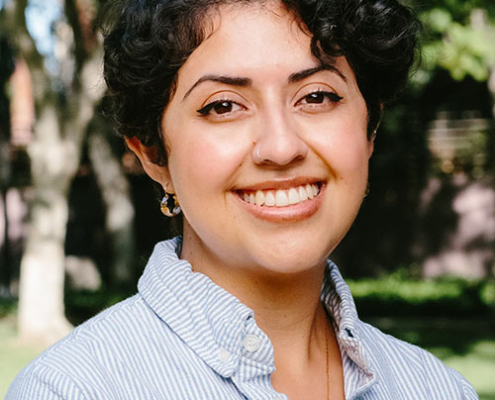
LPPI Staff Bring Insights and Accountability to Policymaking
New UCLA LPPI Staff Bring Insights and Accountability to Policymaking…
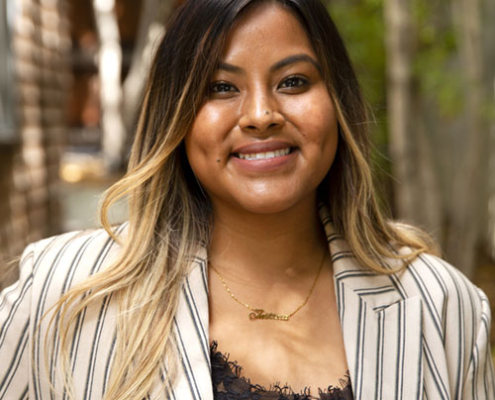
UCLA LPPI Policy Fellows Fight for an Inclusive Democracy
UCLA LPPI Policy Fellows Fight for an Inclusive Democracy During…
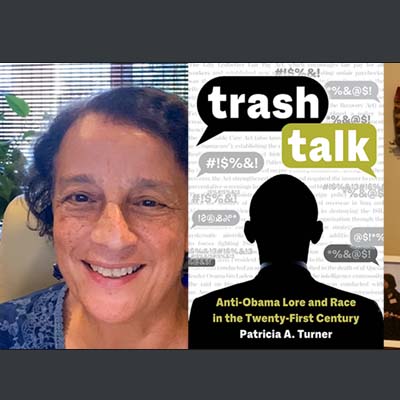
Trash Talk: Anti-Obama Lore and Race in the 21st Century – Video
"Trash Talk: Anti-Obama Lore and Race in the Twenty-First…
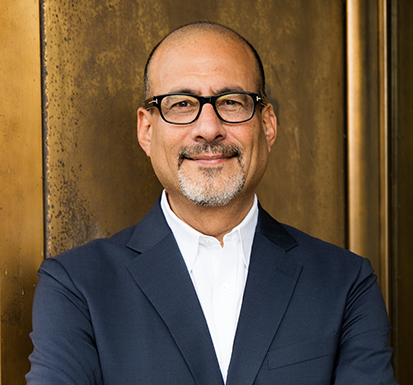
Engaging with the world: Q&A with Abel Valenzuela, interim dean of social sciences
Abel Valenzuela Jr. has been a faculty member in the UCLA…

UCLA LPPI Faculty Experts Shape the Narrative on Latino Communities with Prominent Coverage in Media
By Alise Brillault The UCLA Latino Policy and Politics…
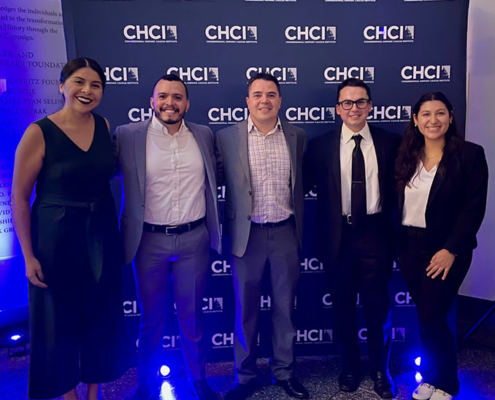
LPPI Shines at the Congressional Hispanic Caucus Institute Conference
by Alise Brillault UCLA LPPI experts and policy fellows were…

